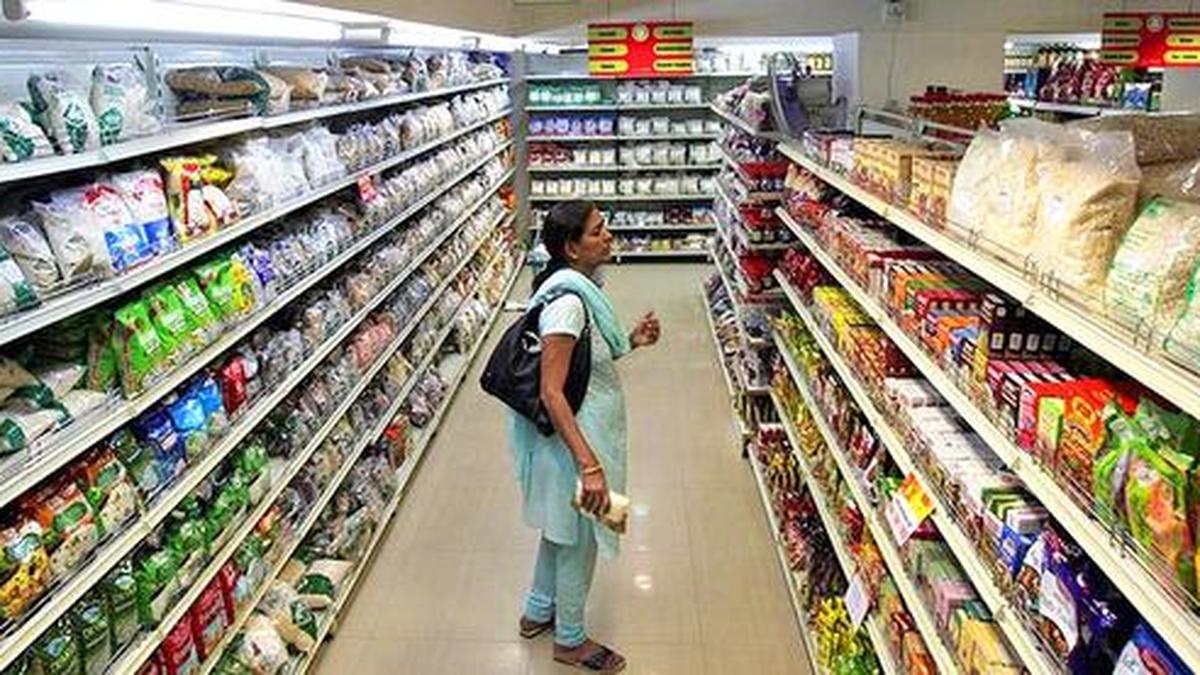NEW DELHI, Jan 5: Fast-moving consumer goods (FMCG) companies are anticipated to experience a decline in gross margins and only modest or flat operating profits for the October-December quarter, largely due to inflation, escalating input costs, and pricing strategies.
Many FMCG manufacturers are expected to report a slight single-digit increase in revenues, signifying a return to value-oriented growth.
One contributing factor is the decision by several companies to implement price hikes in the December quarter to address rising costs of key ingredients like copra, vegetable oil, and palm oil.
These price increases occur amidst a challenging urban market impacted by reduced consumption driven by high food inflation, although the rural market—accounting for over one-third of the total FMCG market—has managed to maintain stronger performance.
Listed companies like Dabur and Marico have provided updates for the third quarter of FY25, with analysts predicting either flat or low single-digit growth in volumes.
Dabur is projecting a “low single-digit growth” in the December quarter alongside flat operating profit due to facing inflationary pressures in several segments.
“In Q3, we encountered inflationary pressures in certain segments, which were somewhat balanced by strategic price increases and cost-efficiency measures. We expect flat operating profit growth in Q3,” stated Dabur in its Q3/FY25 update.
The company also noted that rural FMCG consumption remained robust, outpacing urban consumption. Dabur, which markets products such as Dabur Chyawanprash, Dabur Honey, and Vatika, observed growth in alternative retail channels, including modern trade, e-commerce, and quick commerce, while traditional neighborhood stores faced challenges during the October-December period.
Marico echoed similar sentiments, highlighting stable demand trends supported by improving rural consumption and stable urban sentiment compared to the previous quarter.
Regarding domestic volume growth, Marico anticipates an ‘uptick’ in the December quarter but on a sequential basis and projects only modest growth in operating profit attributed to increased input costs.
The company expects a “significant gross margin contraction” due to surging input costs as it continues to invest in expanding its consumer base. Marico’s quarterly update mentions that copra prices remained high, vegetable oil prices increased, and crude oil derivatives held steady during the quarter.
Nuvama suggests that the urban market faces difficulties due to inflation, stagnant wage growth, and rising housing costs, predicting a continued urban slowdown for the next two to three quarters.
In contrast, rural demand shows gradual recovery, outperforming urban demand, supported by government initiatives and favorable rainfall.
Due to price increases in categories like soaps, snacks, and tea, consumers are opting for smaller pack sizes, negatively affecting overall volume.
Margins for products like soaps, snacks, and tea remain under significant pressure due to nearly 30% year-on-year inflation in palm oil and tea.
Additionally, the delayed onset of winter during the December quarter affected sales of seasonal items, such as body lotions and Chyawanprash.
Anand Ramanathan, a partner and consumer products leader at Deloitte India, noted that competition from direct-to-consumer (D2C) brands and the growth of quick commerce will continue to exert pressure on margins. However, he added, “The harvest season from January to April is expected to alleviate some pressure on agricultural commodity margins, potentially lowering commodity prices.” (PTI)


Leave a Reply